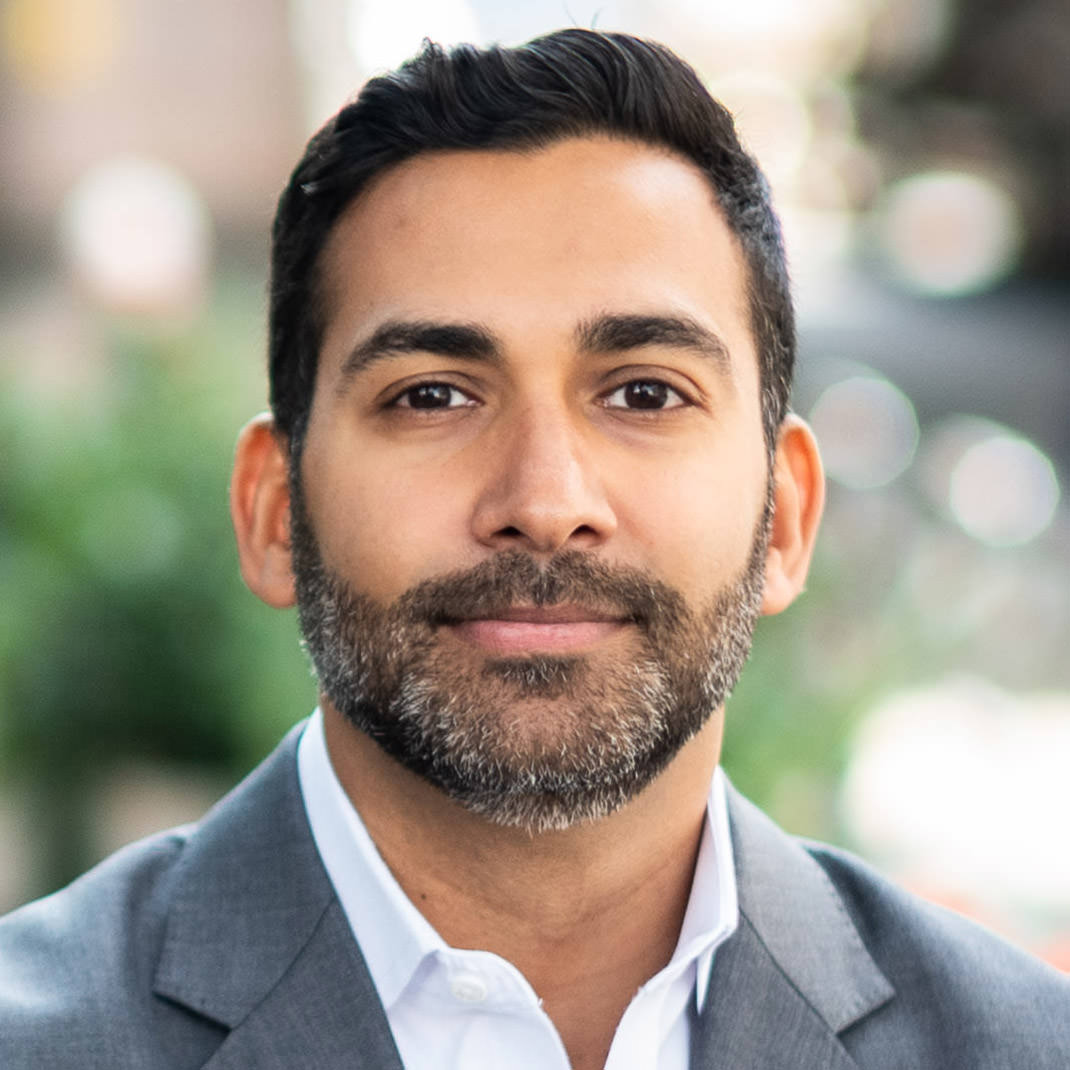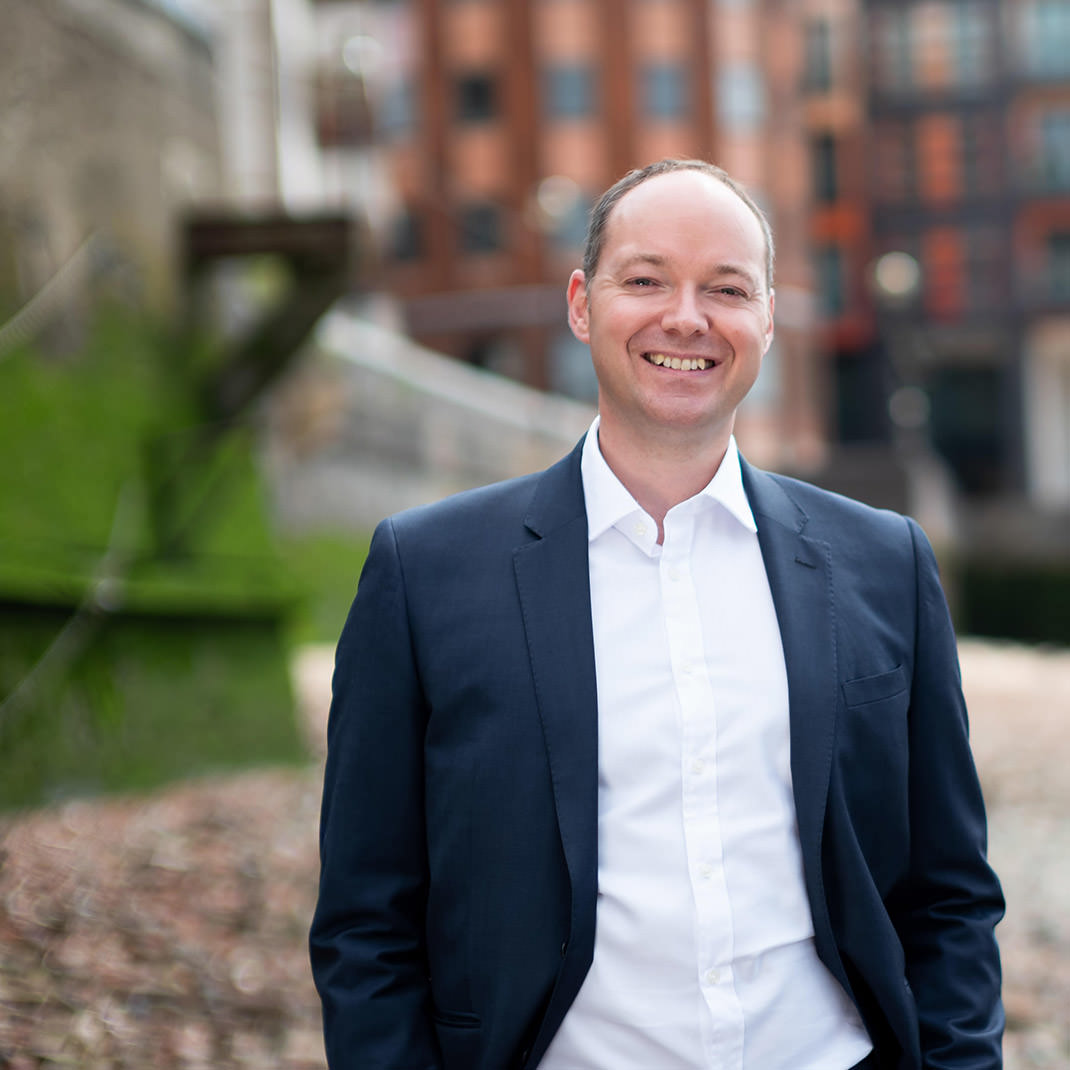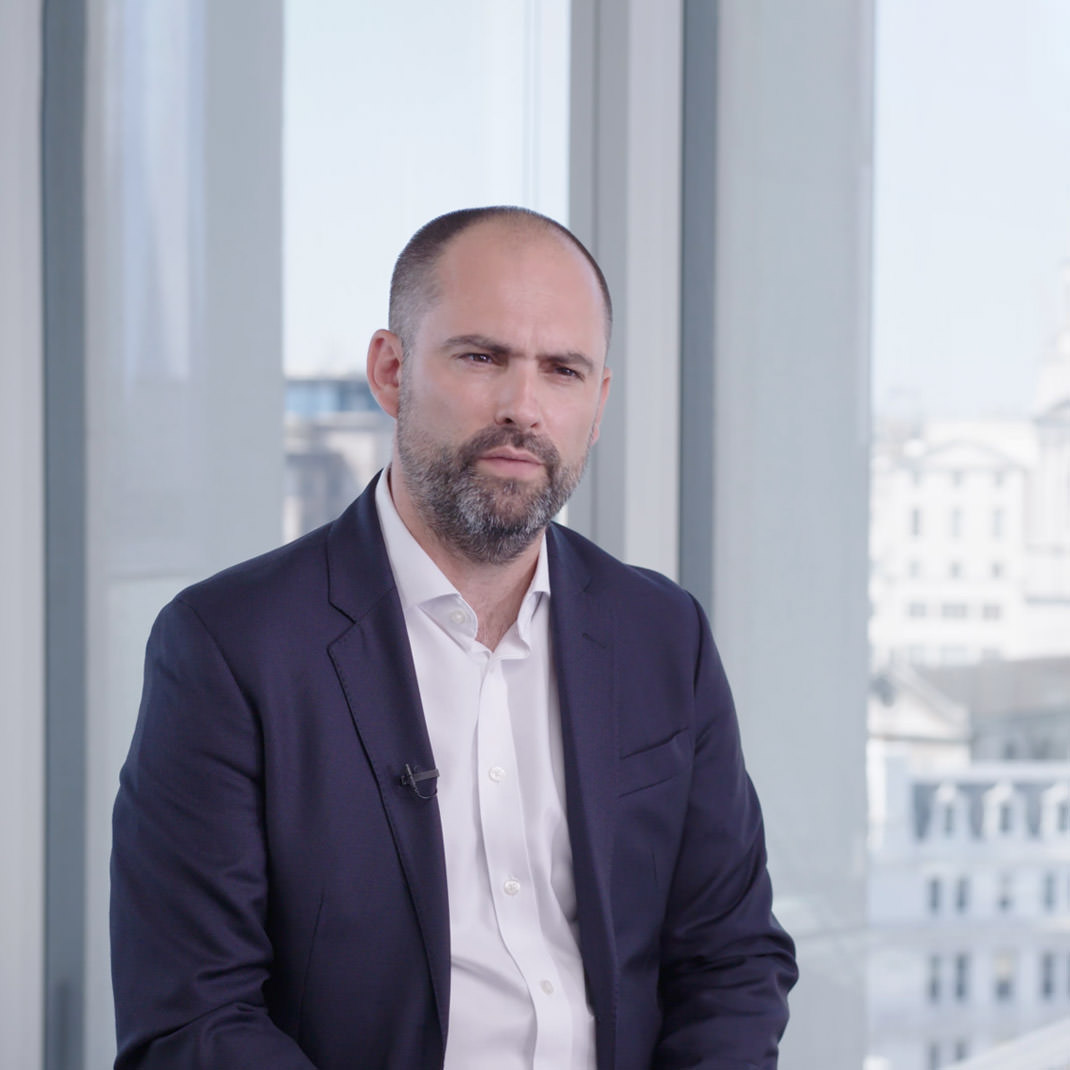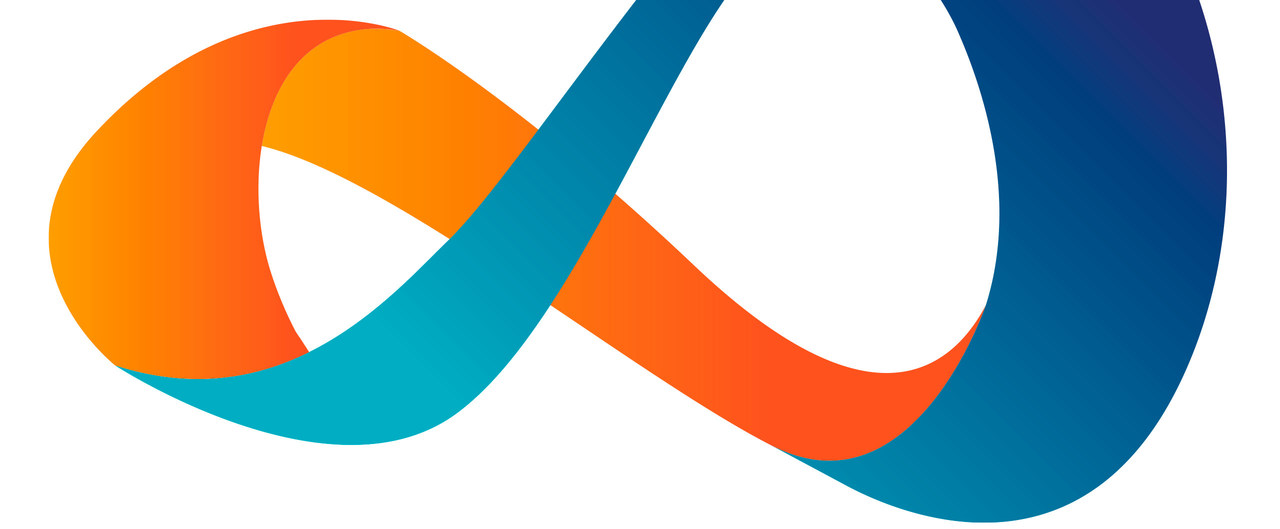WHEN MOODY’S WAS looking to carve out its subsidiary, Moody’s Analytics Knowledge Services, in 2019 it was an opportunity that did not fit the usual profile for US mid-market investors. The division had non-US leadership and operations and had largely passed by UK mid-market investors, given the New York-led sale process. The business was demonstrating its strong potential, but it was flying under the radar.

However, the opportunity caught the eye of Equistone’s UK Head of Origination, Taha Hasan. He highlighted it to his services-focused colleagues, who were quick to see its potential.
It was a leading player in financial services knowledge process outsourcing, providing offshore expertise in areas such as valuations, portfolio analysis and financial modelling. This market was estimated at the time to be worth some three quarters of a billion dollars in annual expenditure, and the same again in near-term opportunity – growing at around 10% a year, driven by a range of financial institutions seeking enhanced output and efficiencies through offshore support.
The business was run by a 20-year Moody’s veteran based in London, Robert King, who had been global Head of Sales for the wider corporation. The Equistone team, led by Tim Swales and Richard Briault, secured a meeting with Mr King ahead of round one bids, and were impressed with his strategic vision and ambition, not to mention his track record of driving sales growth within the confines of a corporation.
While there were many complexities associated with the investment, not least the geographic spread and the carve-out requirements, Equistone’s deal team, with its enviable record in business services, moved decisively. In November 2019, Equistone sealed the deal, acquiring a majority stake in a carve-out deal that valued the business at $255m.
In little more than three years, Equistone sold the business to Permira in a transaction that values the business, rebranded as Acuity Knowledge Partners, at over a billion dollars, while rolling over a significant stake to remain as a minority shareholder.
Potential, unleashed
As an investment, the returns have been impressive. The deal has delivered Equistone’s biggest ever absolute return, with a stellar IRR and money multiple. But it is also a story about the power of private equity ownership to unleash potential.
Since Equistone acquired Acuity, its revenue increased from $110m in 2019 to $227m in 2022, and its specialist workforce doubled to more than 5,500 employees. “A team with no prior experience of working with private equity has harnessed its power to create a billion dollar plus business,” says Equistone partner Tim Swales. “We spent a lot of time with the team at the start and it shows what can be achieved when you take a management team on a journey and show them what private equity can unlock.”

It is all the more remarkable given the operational challenges that the Covid pandemic immediately presented to the company, which provides research, analytics and technology solutions to the financial services sector.
At the time, almost all of Acuity’s employees were office-bound, either working in secure, dedicated rooms at the premises of their clients or at their own offices in India, Sri Lanka, Costa Rica and China. But the company made the shift to home working without missing a beat and its customer base continued to grow rapidly.
Value creation
Investment in technology, sales and marketing had been top of the list of priorities. “The management team readily clocked on to the opportunities of private equity ownership,” says Tim. “We increased the size of the marketing budget multiple times within a year; under corporate ownership that budget may well have been cut several times in the year.”
And while strong sales growth and constant hiring focused a good deal of attention on operational execution, Tim and Richard also knew that Acuity had to keep its broader strategy sharply in focus. There were three particular areas: M&A, executive capacity in strategy and finance, and ensuring readiness for exit.

“From the start, our investment thesis was that Acuity could be a consolidation player in a fragmented market,” says Tim. “Although Covid put that on pause, M&A was critical from a value creation perspective.” The focus for the first acquisition was any one of a number of smaller competitors, with Cian Analytics being acquired in September 2022, as part of a larger pipeline of opportunities.
New hires in the finance and strategy functions – such as a strategy director and a head of special projects - were required not just to work on the acquisition and integration of Cians but in order to “drive through a culture of data-based decision making through the business,” says Tim.
“When the business had been within Moody’s, its finance function had been just that – a function that reported centrally and was almost separate from the business,” says Richard. “It was vital that finance worked with the business and added value, rather than just reporting on how it had performed.”
Brand-building
The original carve-out deal in late 2019 had not attracted much coverage; and a newly renamed business during the pandemic didn’t exactly promote its visibility. “It was a business that was performing strongly but wasn’t on the private equity radar,” says Richard. “Carefully, we had to let more people know about Acuity and understand that it was a high-quality business.”

A key moment was the presentation by CEO Rob King at a Technology and Services conference in October 2021, which generated significant inbound interest in the business.
For Acuity, Equistone wanted to avoid a formal sale process. “There are clear risks in proactively marketing a very good asset during a bear market,” says Tim. “It requires patience to get a small number of interested parties to coalesce, with a similar level of understanding, in order to generate competitive tension.” They were also acutely conscious that Acuity’s customers were financial institutions – and so any data about the customer base had to be very tightly managed.

Permira rapidly came to the fore and the deal was signed at the end of January.
Given the quality and the growth potential of the business, there was a healthy internal debate at Equistone about whether to exit at all. But there were good reasons to hand over the baton. The management team had beaten the business plan; the offer generated strong returns at a time of wider economic uncertainty; and there was the opportunity to reinvest. “We have conviction in the business,” says Tim, “and our reinvestment in the business gave the management team comfort too.”
Tim and Richard are enthusiastic about their ongoing relationship with Acuity.
“Working with Acuity has provided a vivid demonstration of the scalability of people-based businesses,” says Richard. “From the outset, we understood from CEO Rob King that India was the source of more than one million MBA and post-graduates per year – a huge labour pool. Seeing how a business can grow by several thousand people in under a couple of years is pretty remarkable.” ☐
A full version of this article appeared in PLATFORM 09, Summer 2023

